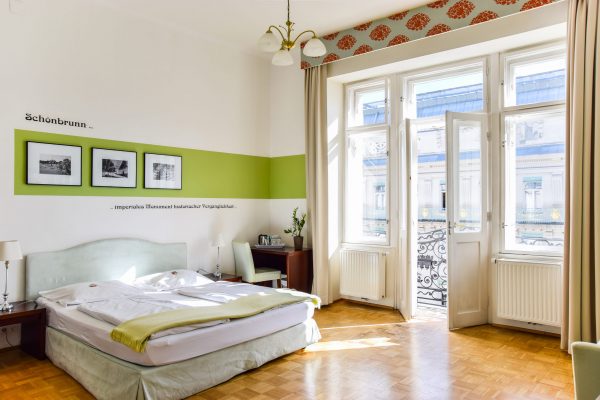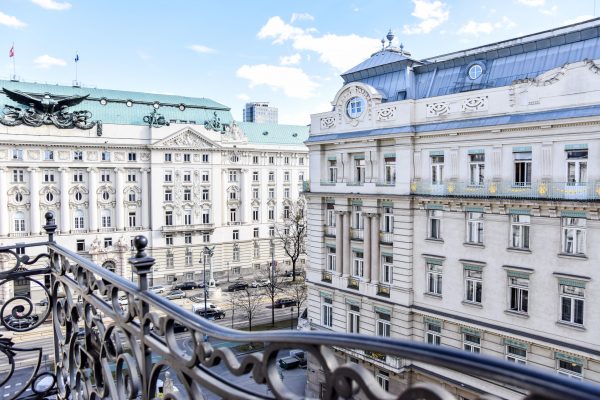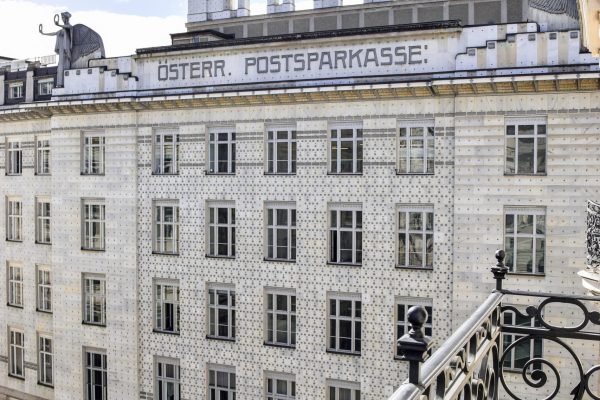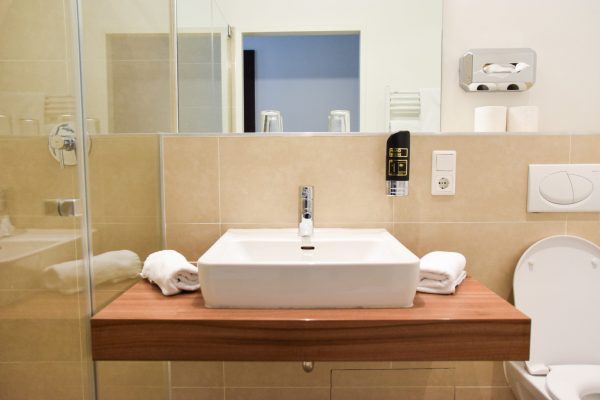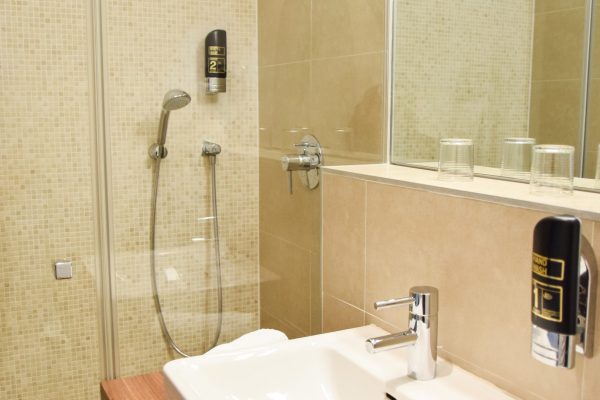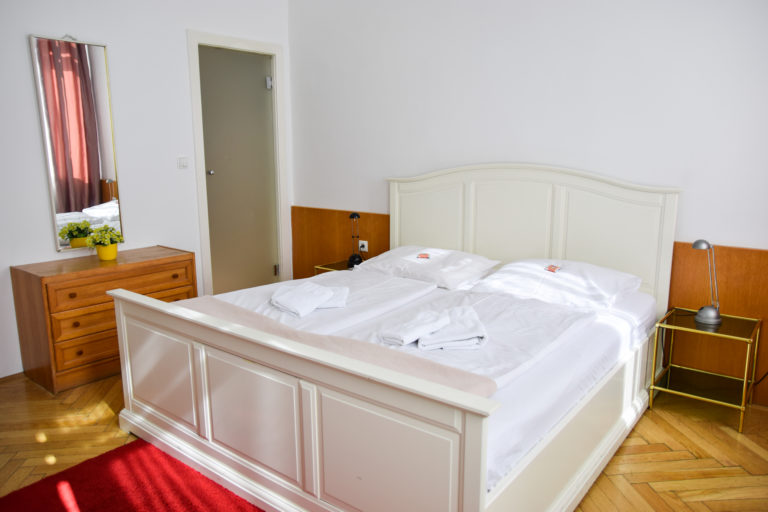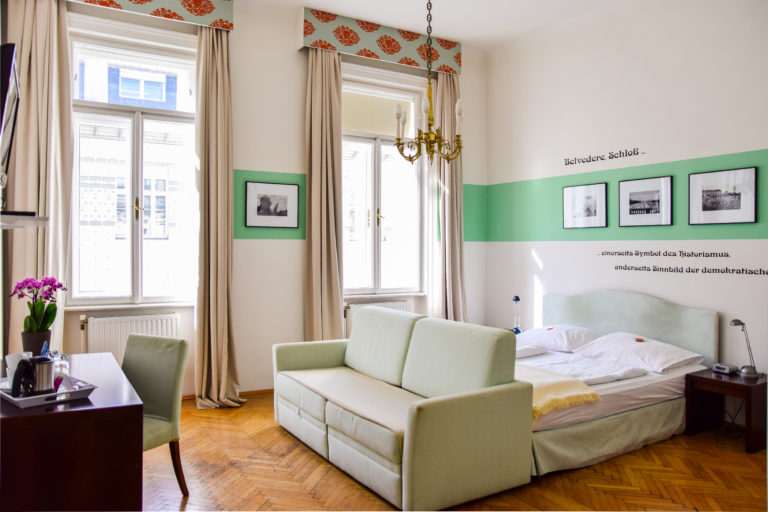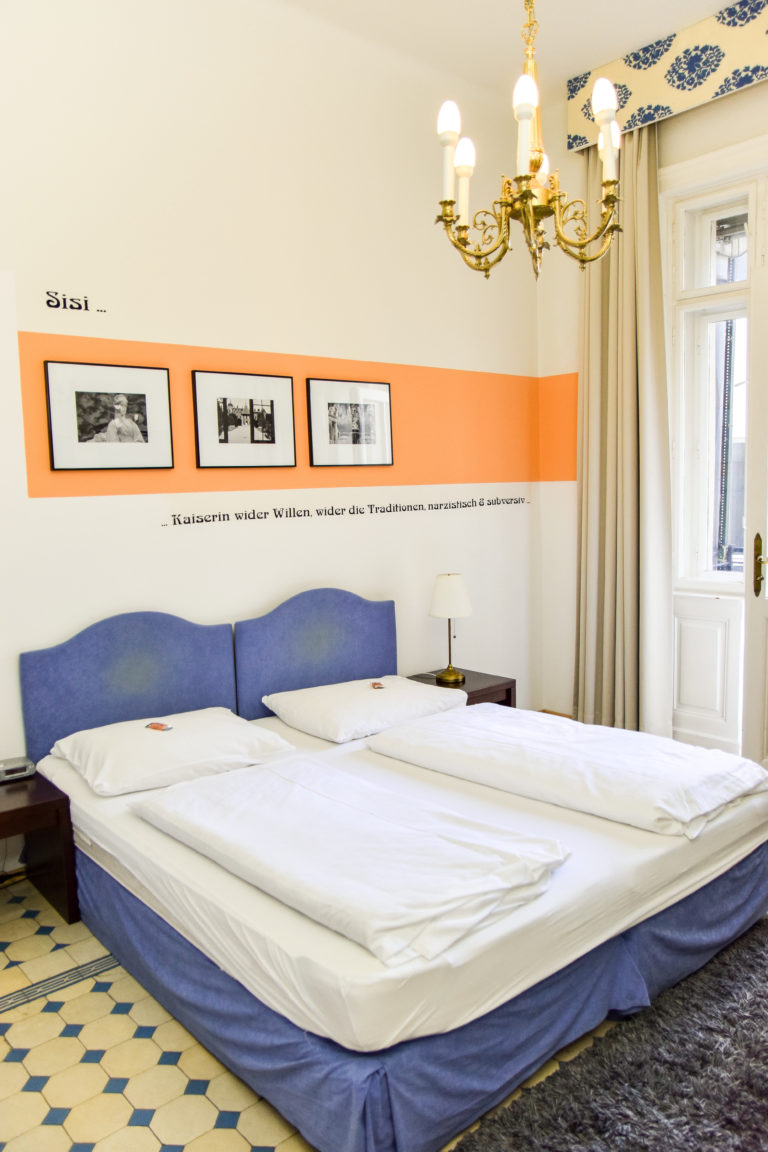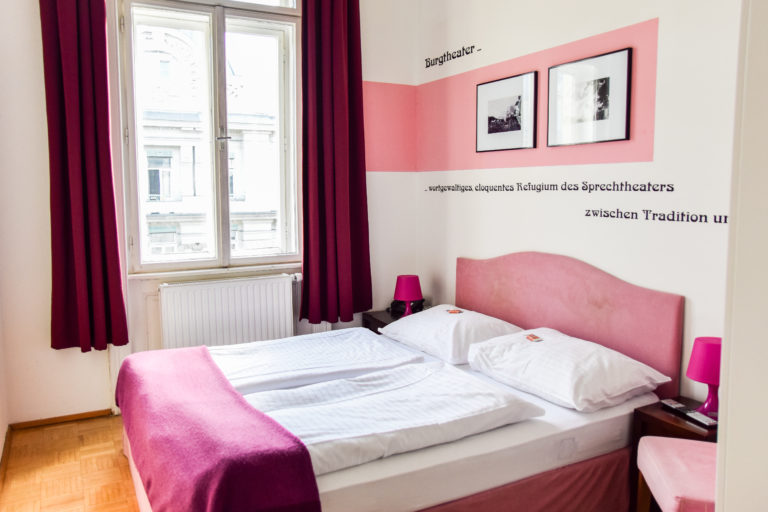SCHÖNBRUNN
Schloß Schönbrunn

It was in 1612 when Emperor Matthias, during a hunting trip, discovered a spring that gave the name of Schöner Brunnen to the area where the castle now stands. The original castle, which Emperor Ferdinand II had built for his second wife, Eleonore Gonzaga, was badly damaged during the Turkish siege. In 1693 Johann Bernhard Fischer von Erlach was commissioned by Emperor Leopold I to plan and build a hunting lodge. But it was not until 1743, under Empress Maria Theresa, that construction work began on the palace as we know it today. It was Nikolaus von Pacassi and Johann Ferdinand Hetzendorf von Hohenberg who realized this project. The construction work slowly came to an end in 1775 with the building of the Gloriette. Since then, in the palace park you can find, among other things, the Neptune Fountain, the Roman Ruin, the Obelisk Fountain, the Small Gloriette, the Dovecote, the Sundial House, a maze and a Japanese garden. In 1779 Emperor Joseph II released the garden to the public to the displeasure of the court nobility. But the garden is still accessible today and you should not miss it. A visit to the palace itself, the zoo, the Palm House and the Carriage House also pay off.

